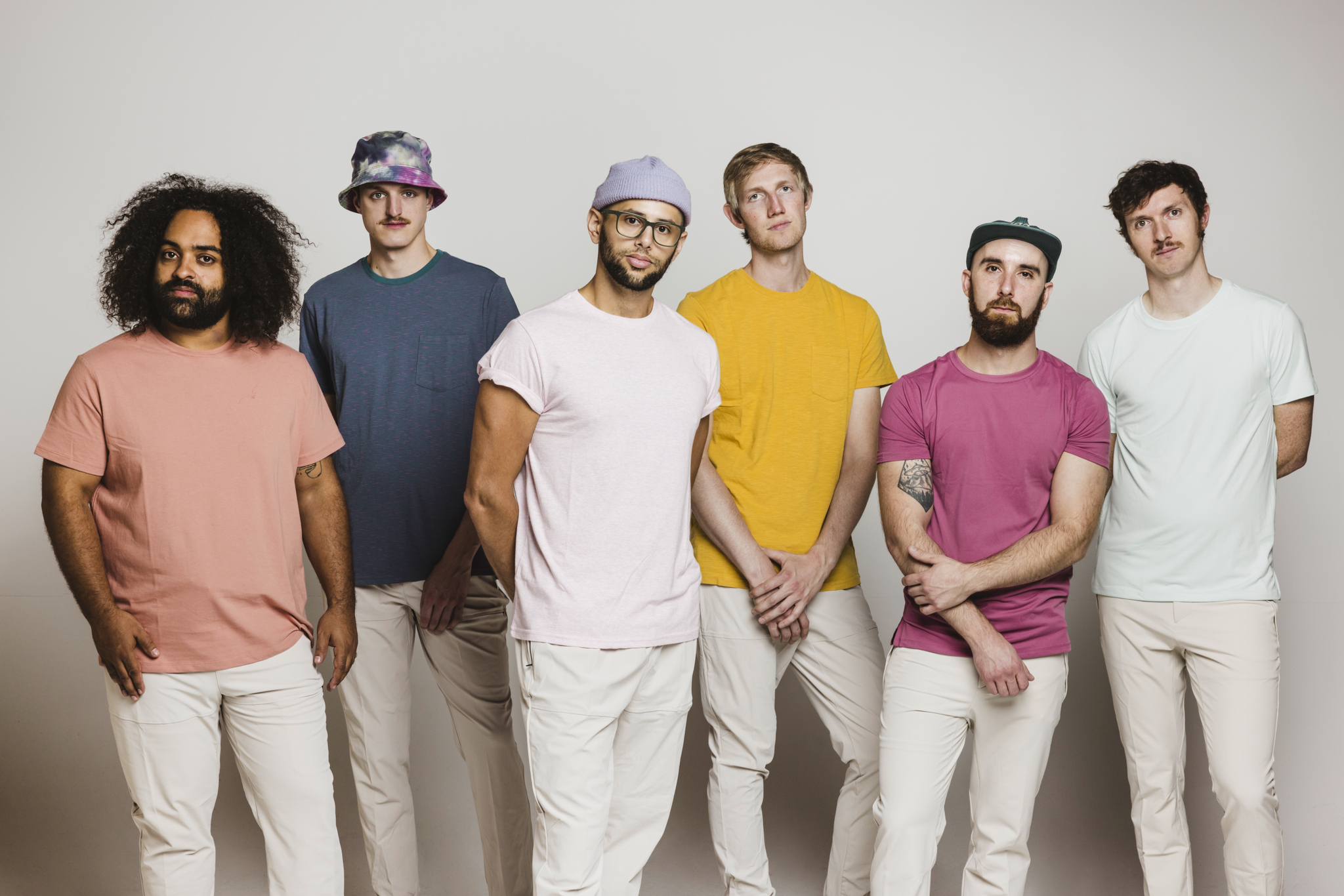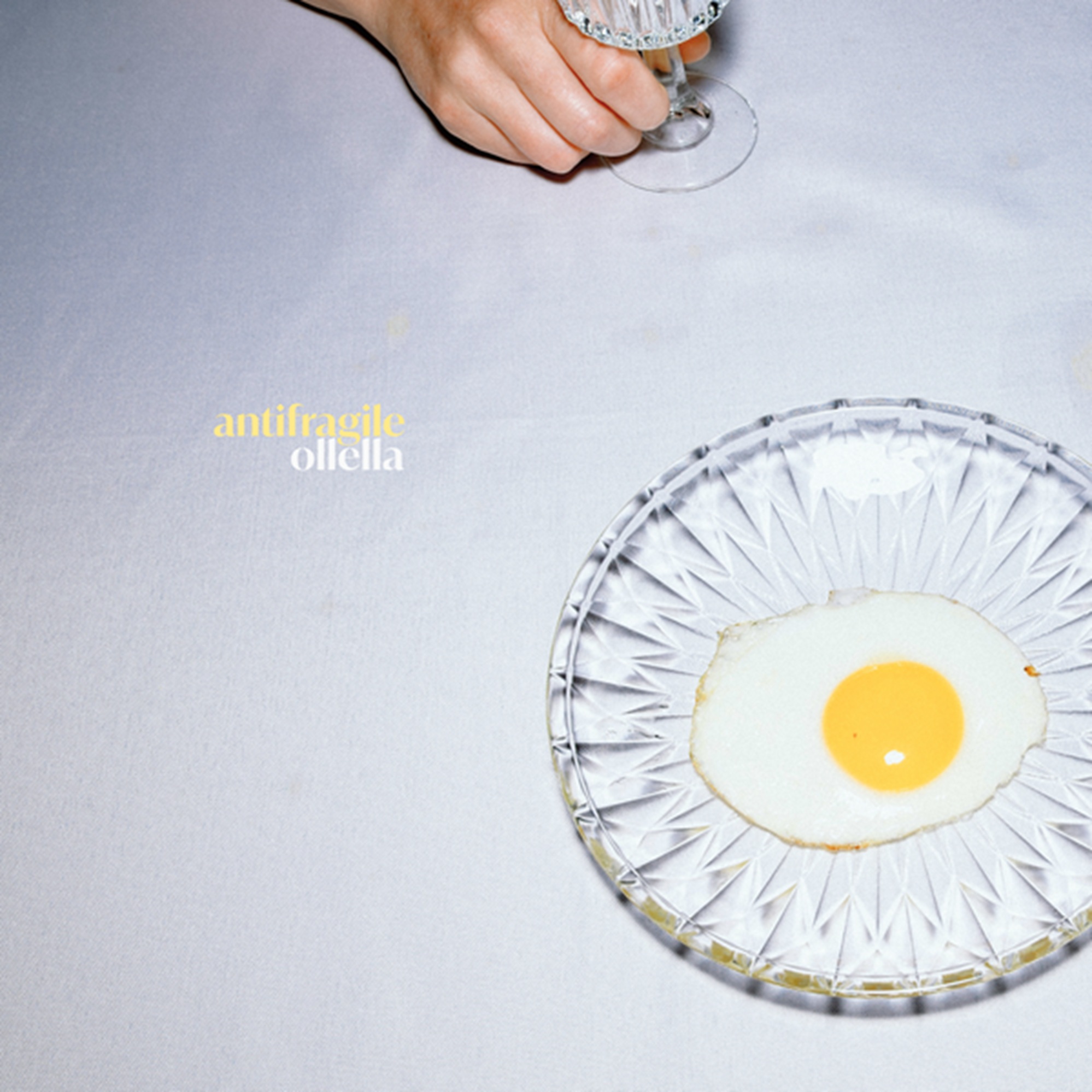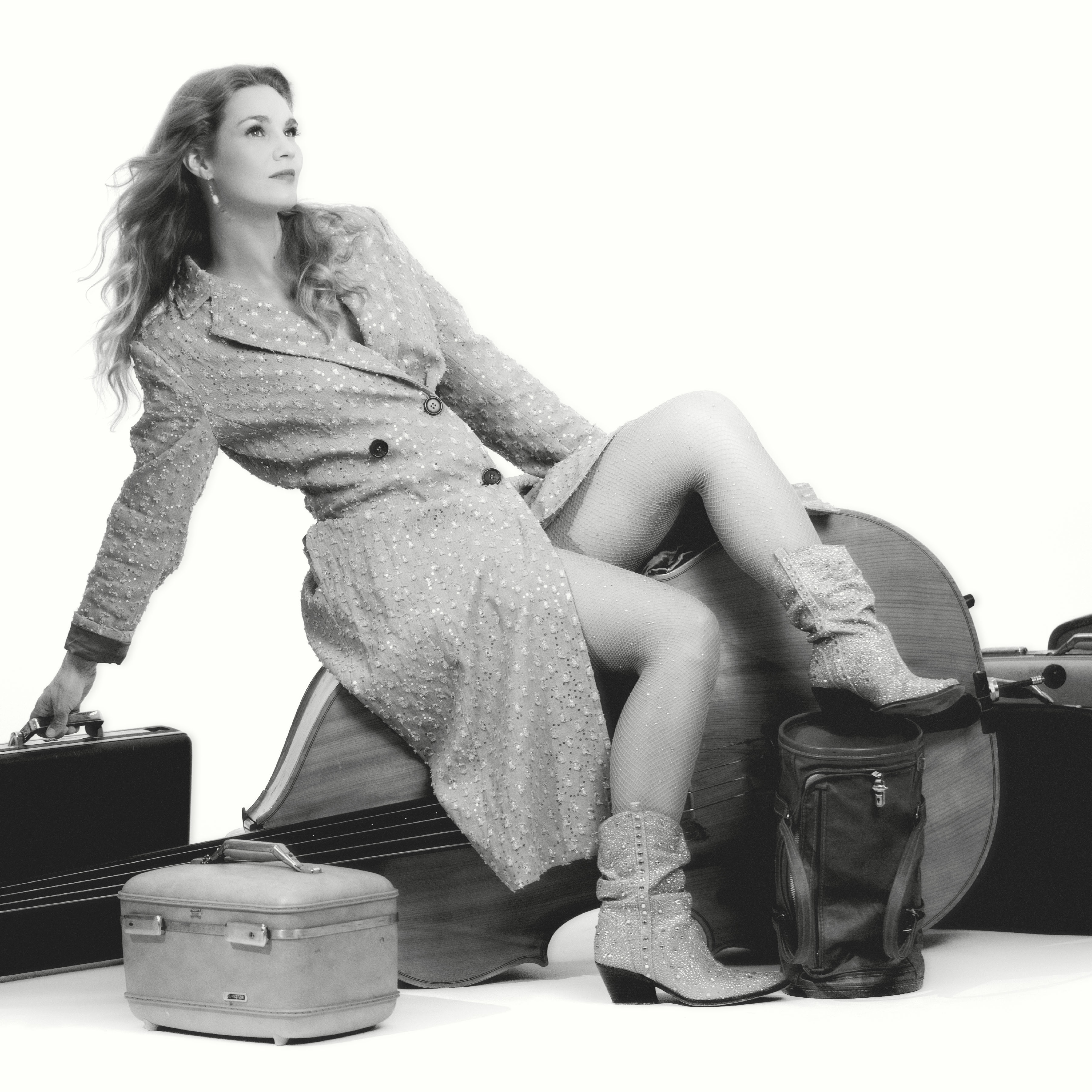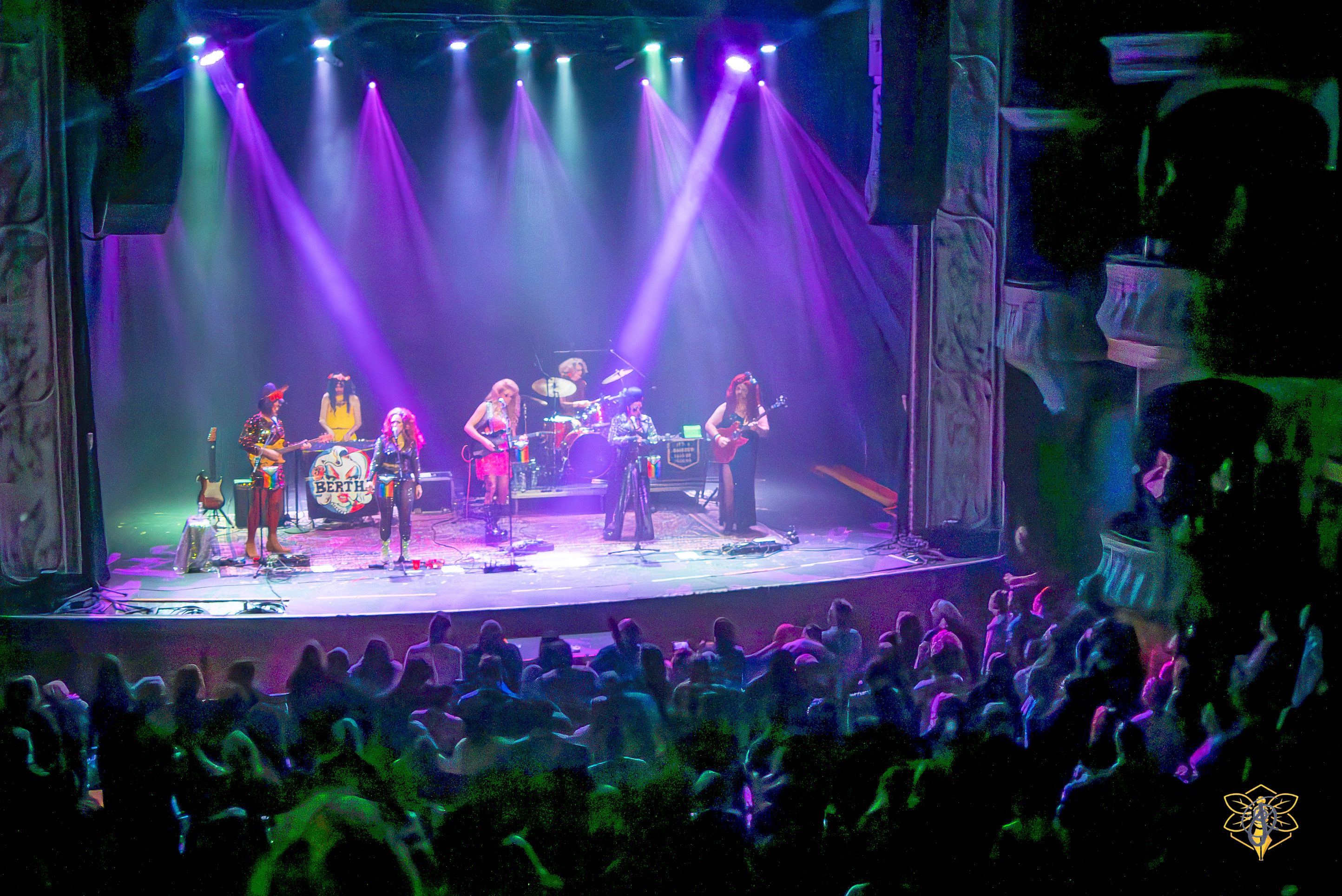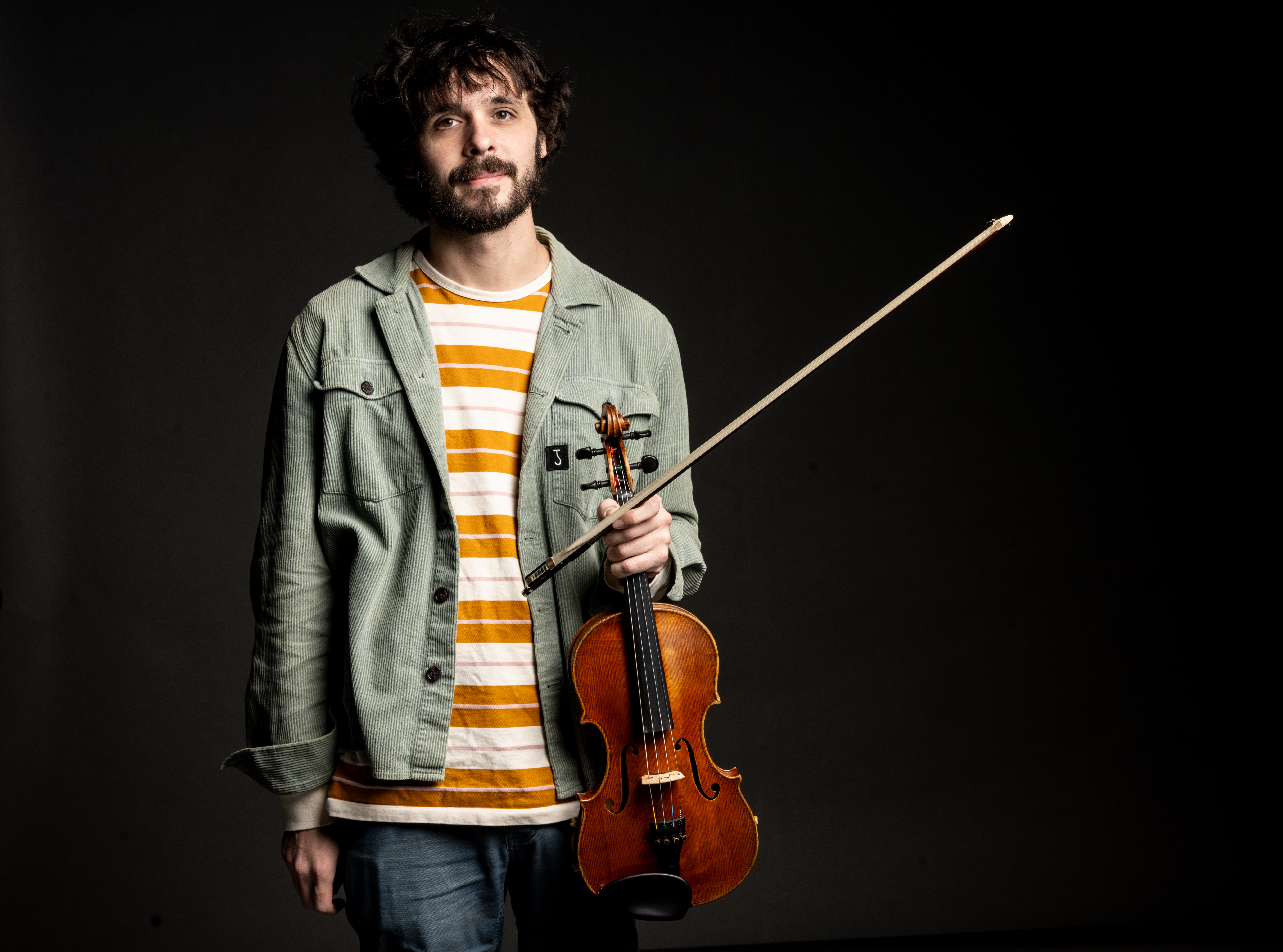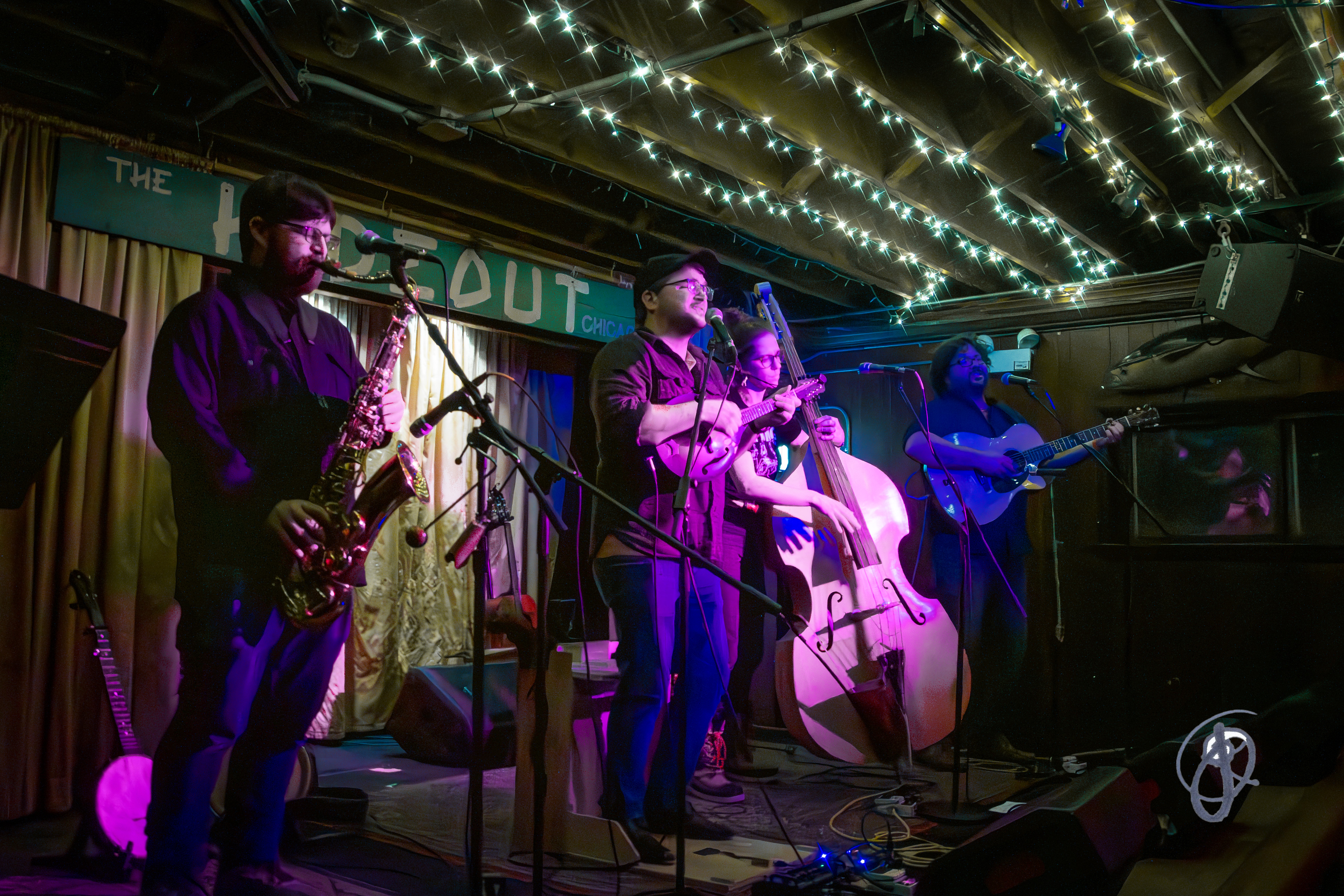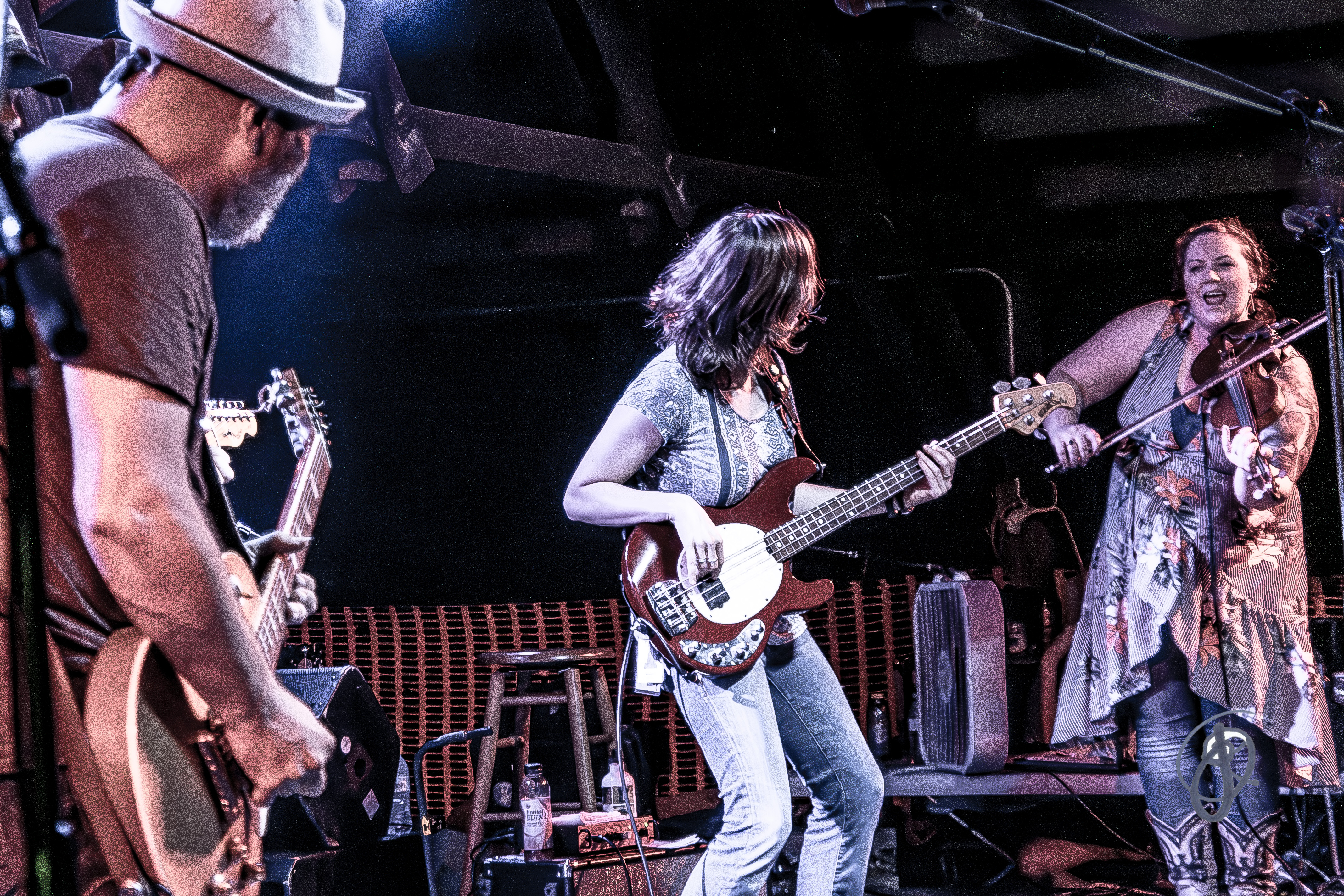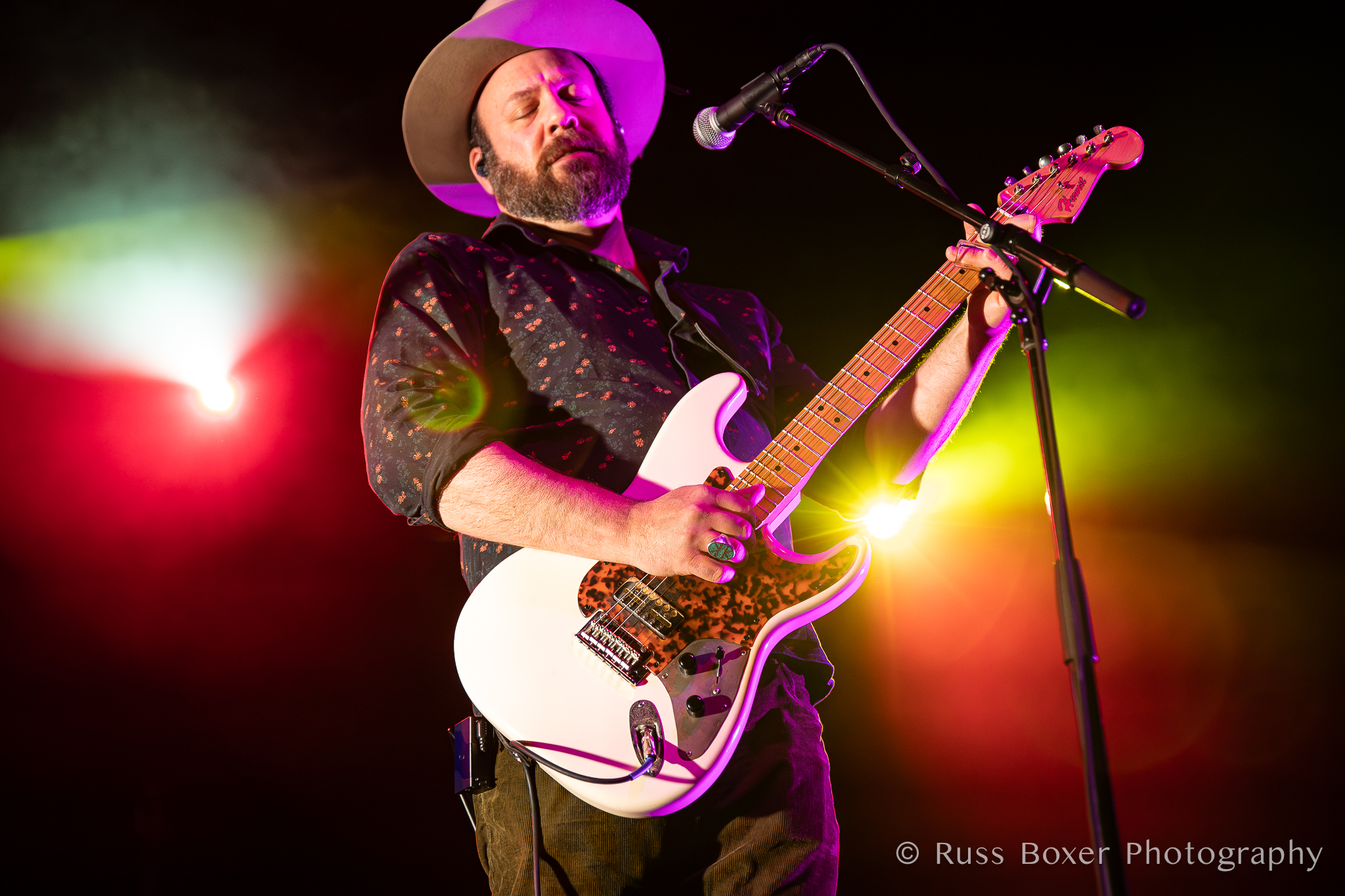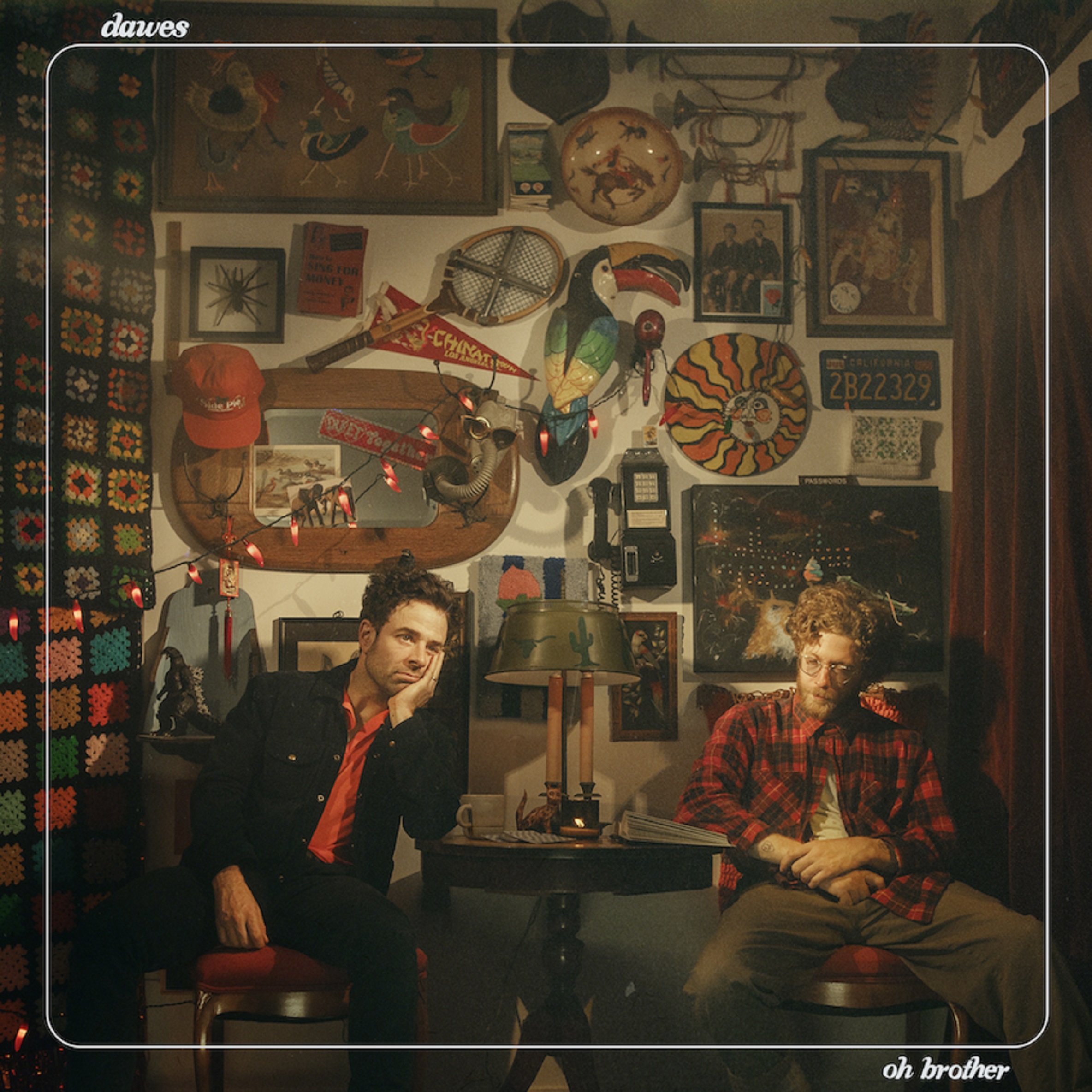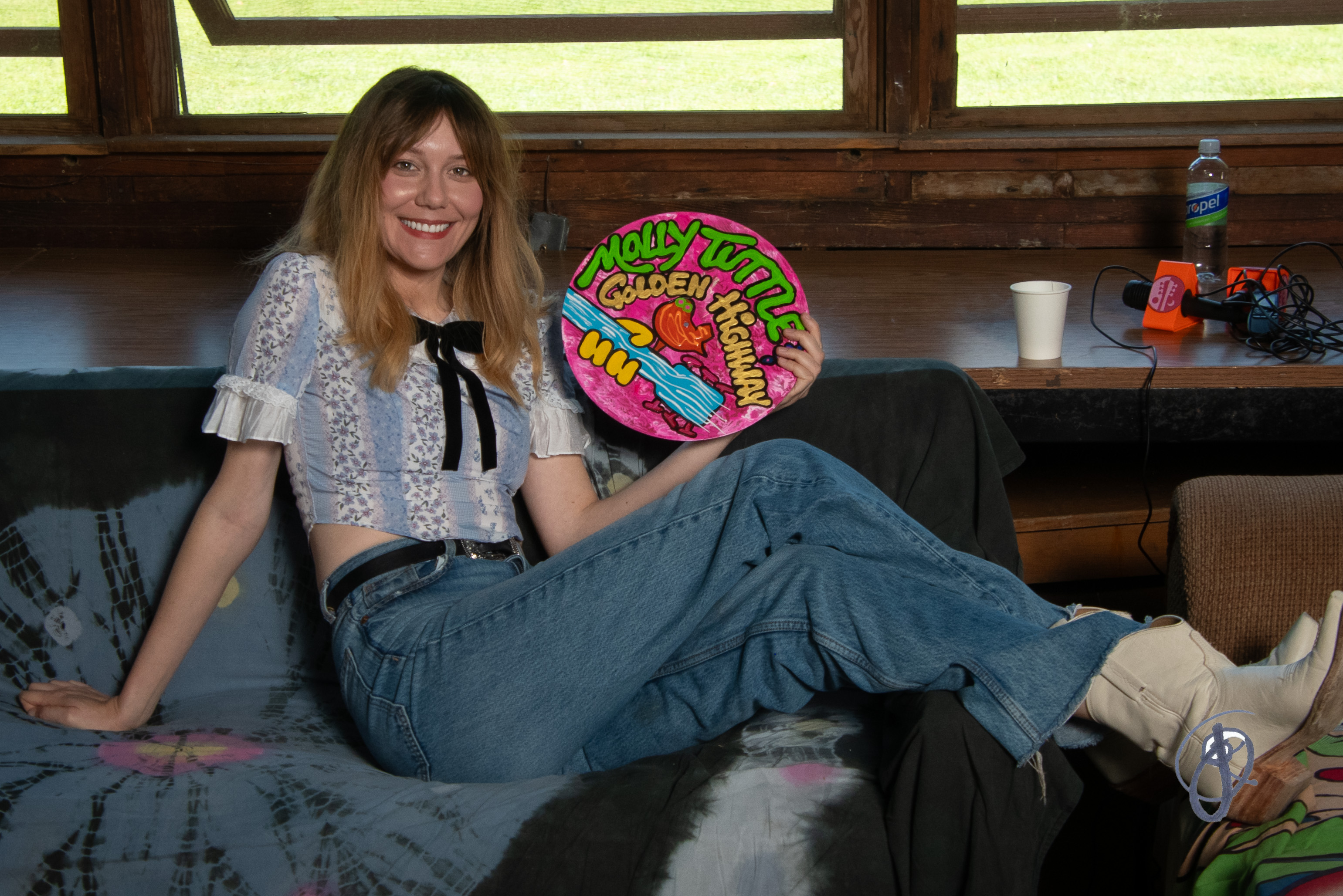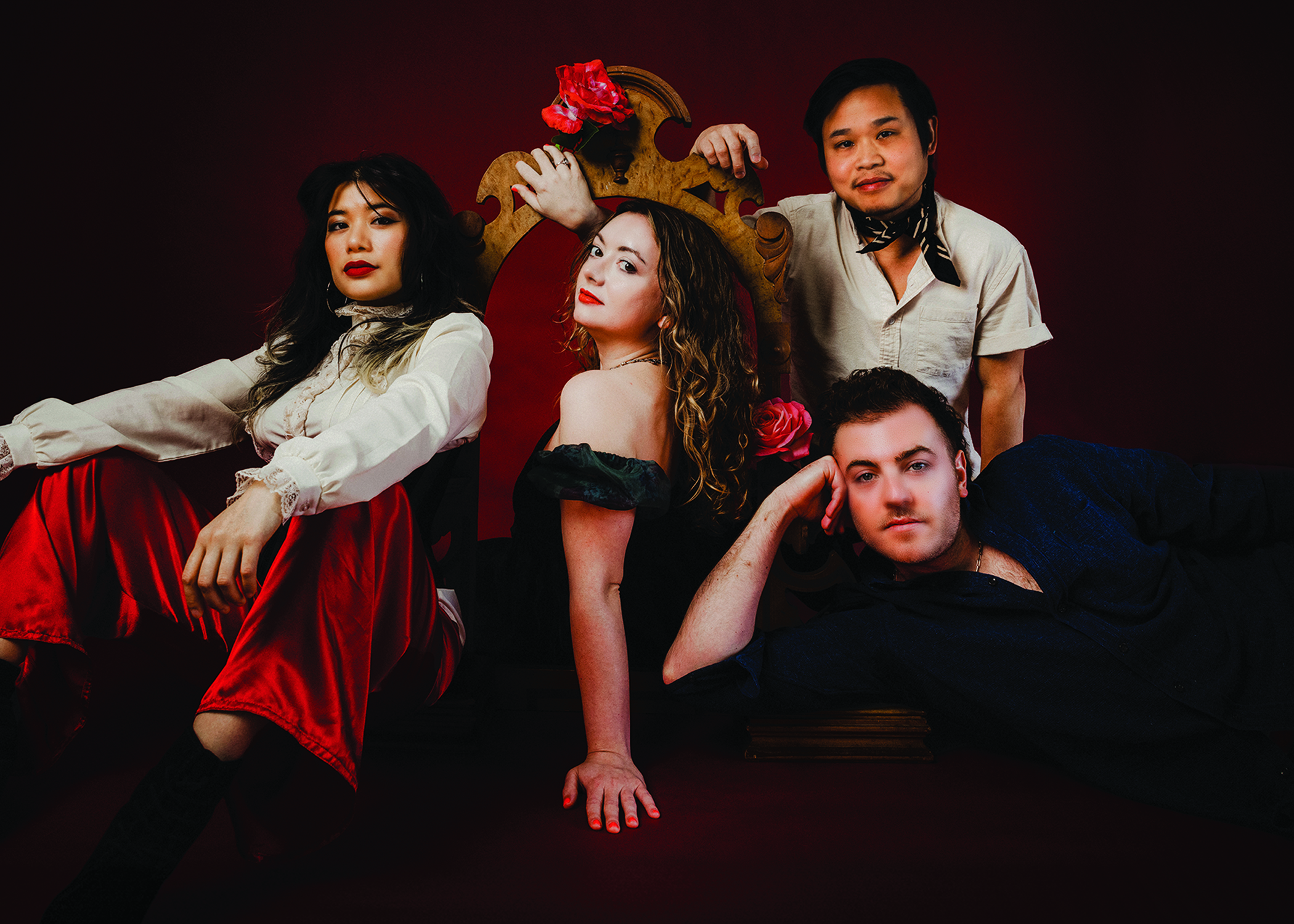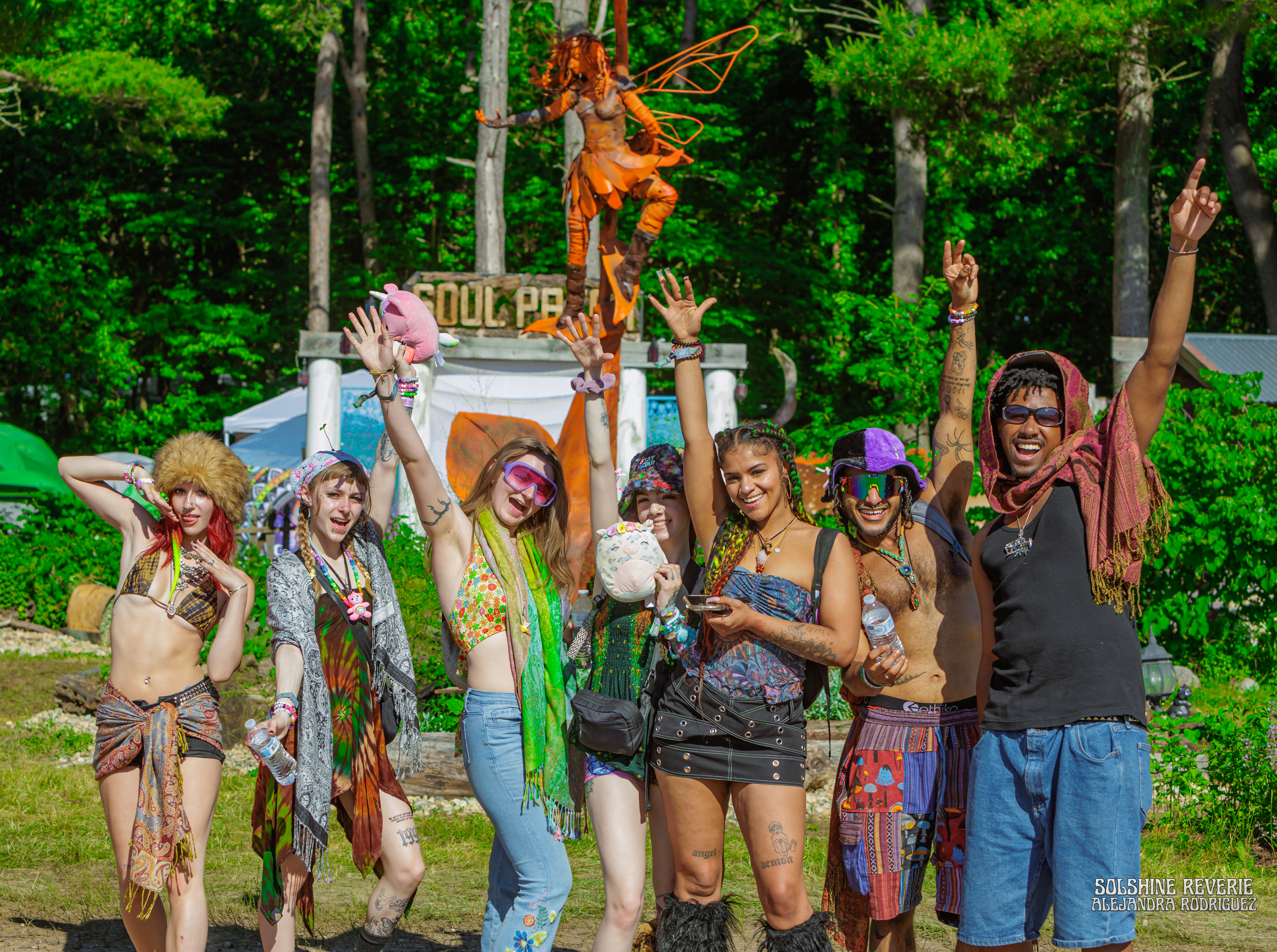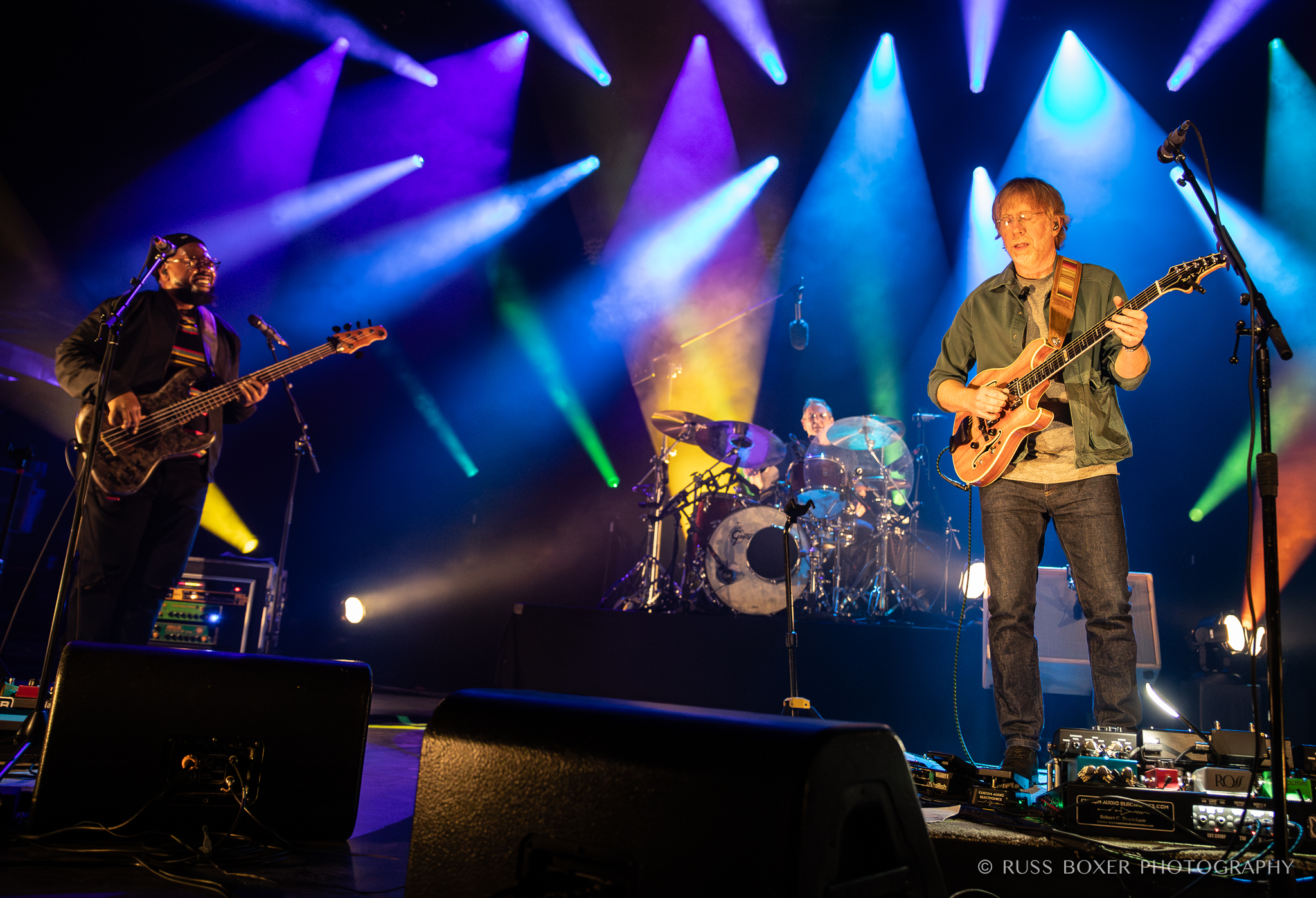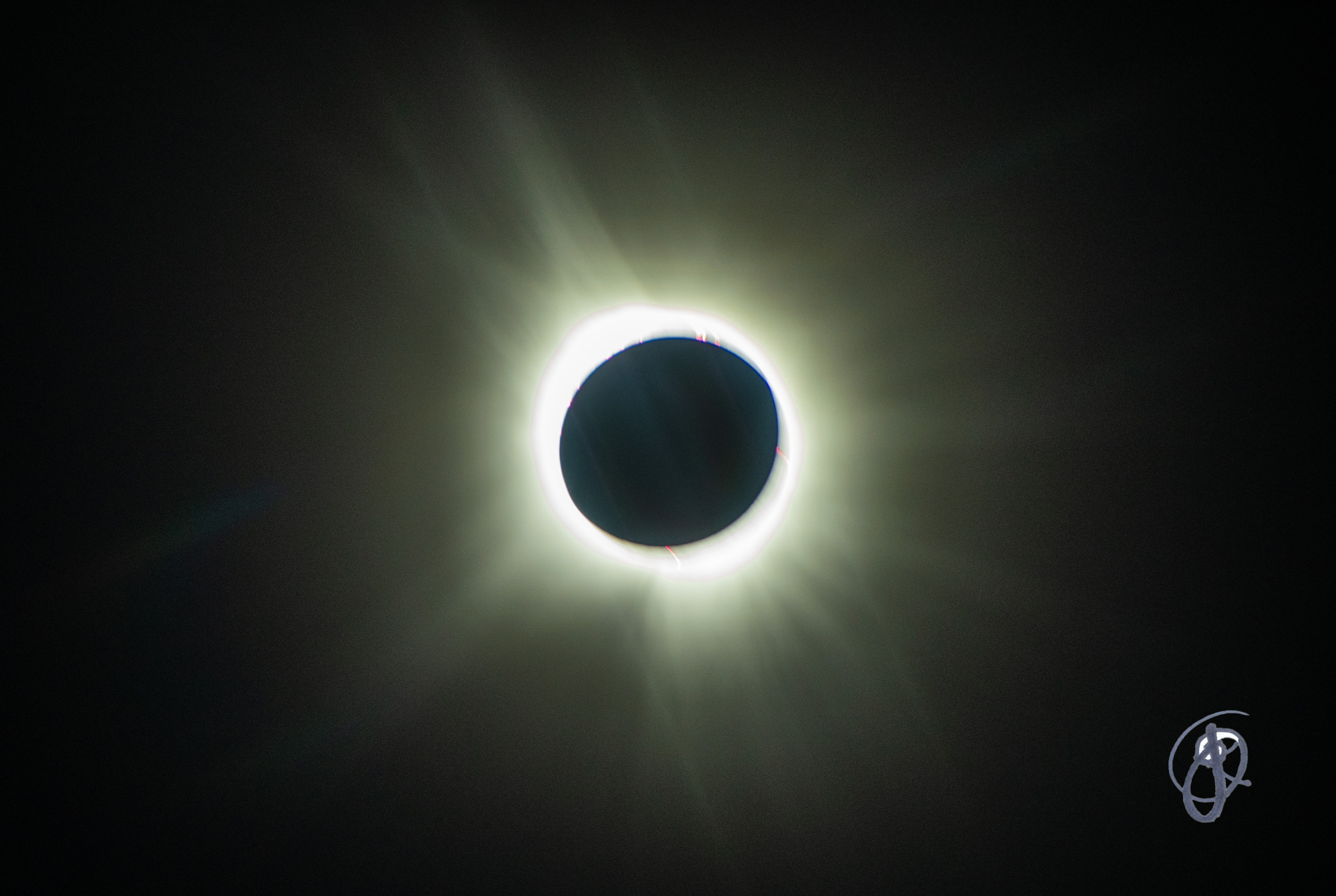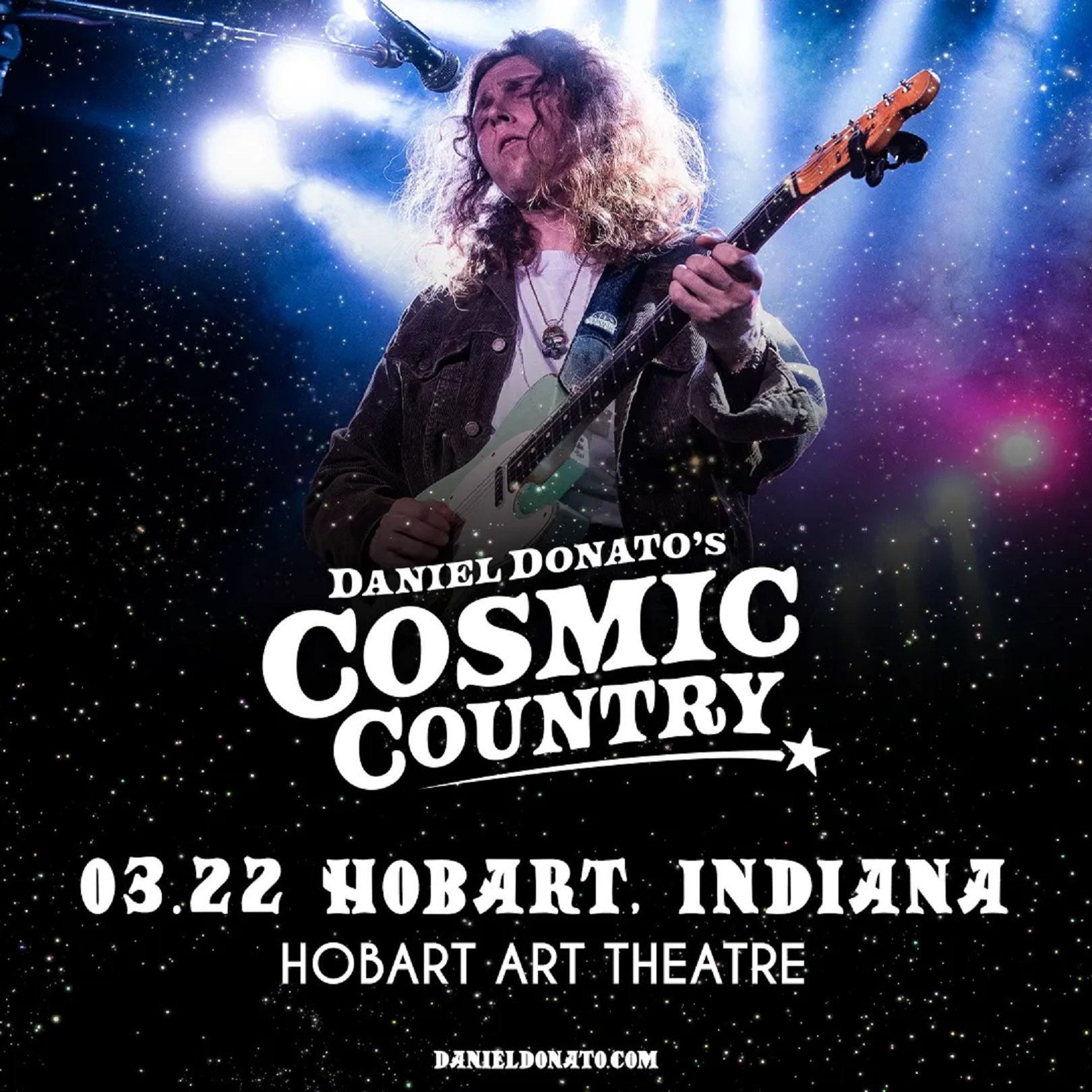The best part of Joe Hertler and the Rainbow Seekers is not just the colorful sounds and uplifting energy but the lyrics, "Maybe love is also knowing when to let go." The new extended EP, The Painted World has fresh sounds with ancient roots and more of the lovely lyrics they are known for. Accompanying a flute, a sax, plenty of synths, Motown sounds with a good old guitar, expanded with imaginative added layers, we also get more of these amazing lyrics, "The blood expanded across the field like chrysanthemums in bloom." Respected as an artists' artist, Joe Hertler founded the Rainbow Seekers in a spirit of collaboration and creativity over 10 years ago. Tours with The Main Squeeze, Pigeons Playing Ping Pong, and teaming up with fellow Michigan artists The Accidentals have brought them to where they are right now in 2023. Breaking ground on a new Spring Tour soon, Joe Hertler and the Rainbow Seekers will begin on 3/17, St Patrick's Day, in Indianapolis at the Hi Fi, a mid-tour stop at Convergence Station Meow Wolf Denver on 3/29, then they will bring it all home to Michigan, concluding the Spring Tour on 4/15 2023 at The Loving Touch in Ferndale, MI.
GW: Hi Joe! I’d love to talk about your new expanded EP, The Painted World, and chat you up about the upcoming Rainbow Seekers 2023 Spring tour.
JH: Yup! We’ll be back out on the road on Friday, 3/17, St Patrick's Day, in Indianapolis. The first show we're playing is the Hi-Fi. We've played the Mousetrap, though. It's actually one of my favorite venues. A pure venue. A no-bullshit kind of place. I've always appreciated the times that we have played there. But we'll be in the Hi-Fi this time, which is also a very nice room.
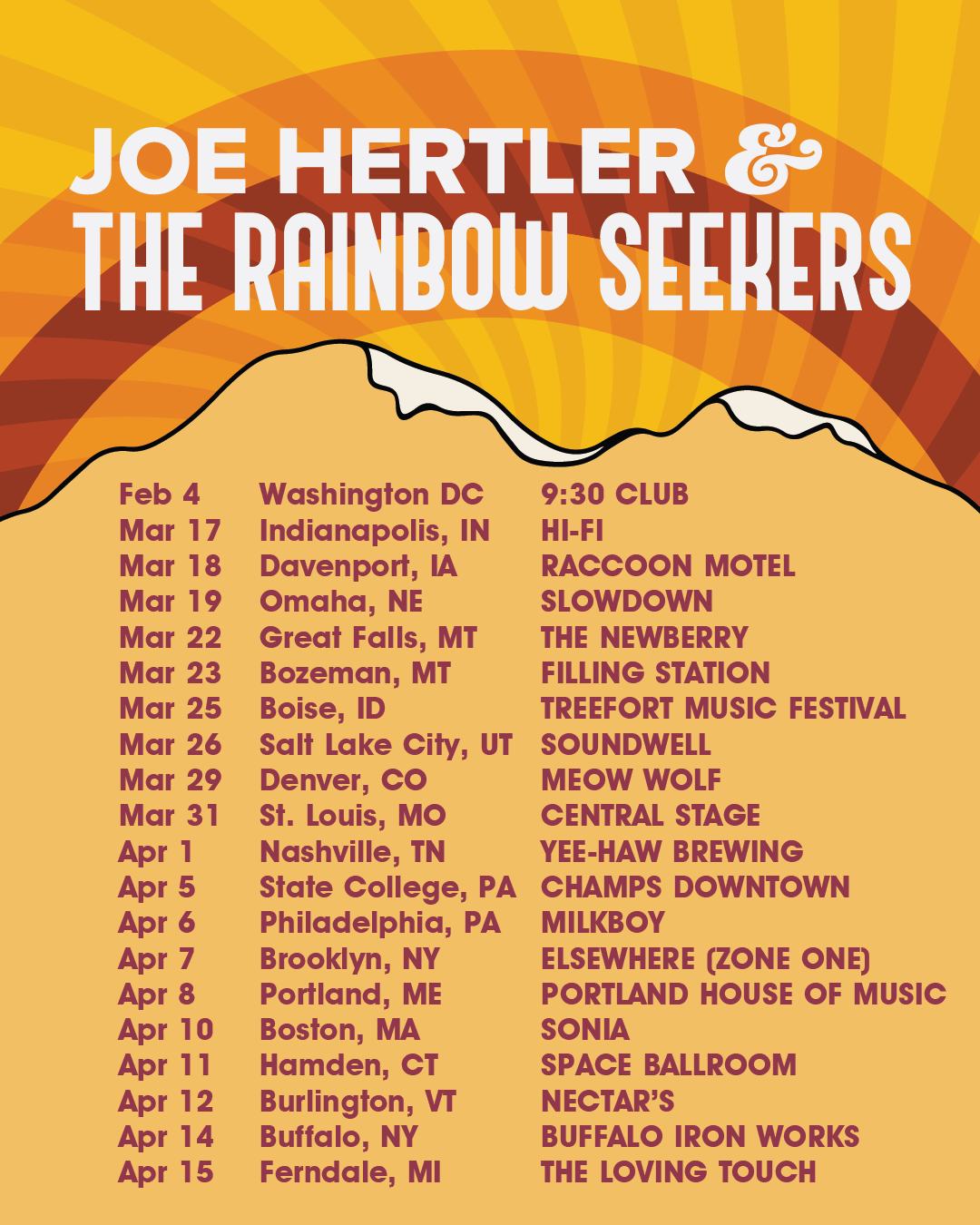
GW: Very cool. I watched the video for “What I Want.” It's so good. I love all the cinematographic angles and the very cool lighting. Where were you guys when you filmed that?
JH: We filmed it in Kalamazoo, Michigan by Rhino Media. They're transitioning into more film work, but there are a lot of LA transplants that are from Michigan. The owner wanted to raise a family here so he came back to Michigan and started that company. They've been good friends of mine for a while. I usually give them a video for every release, they always do an awesome job. I've gotten into a lot of film and video production stuff as of late, so I've gotten to connect with them a little bit more. I learned a lot making that music video and getting to hang out for what ended up being a very involved multi-day shoot. We ran out of time and there is so much more I would like to do but it was quite the production.
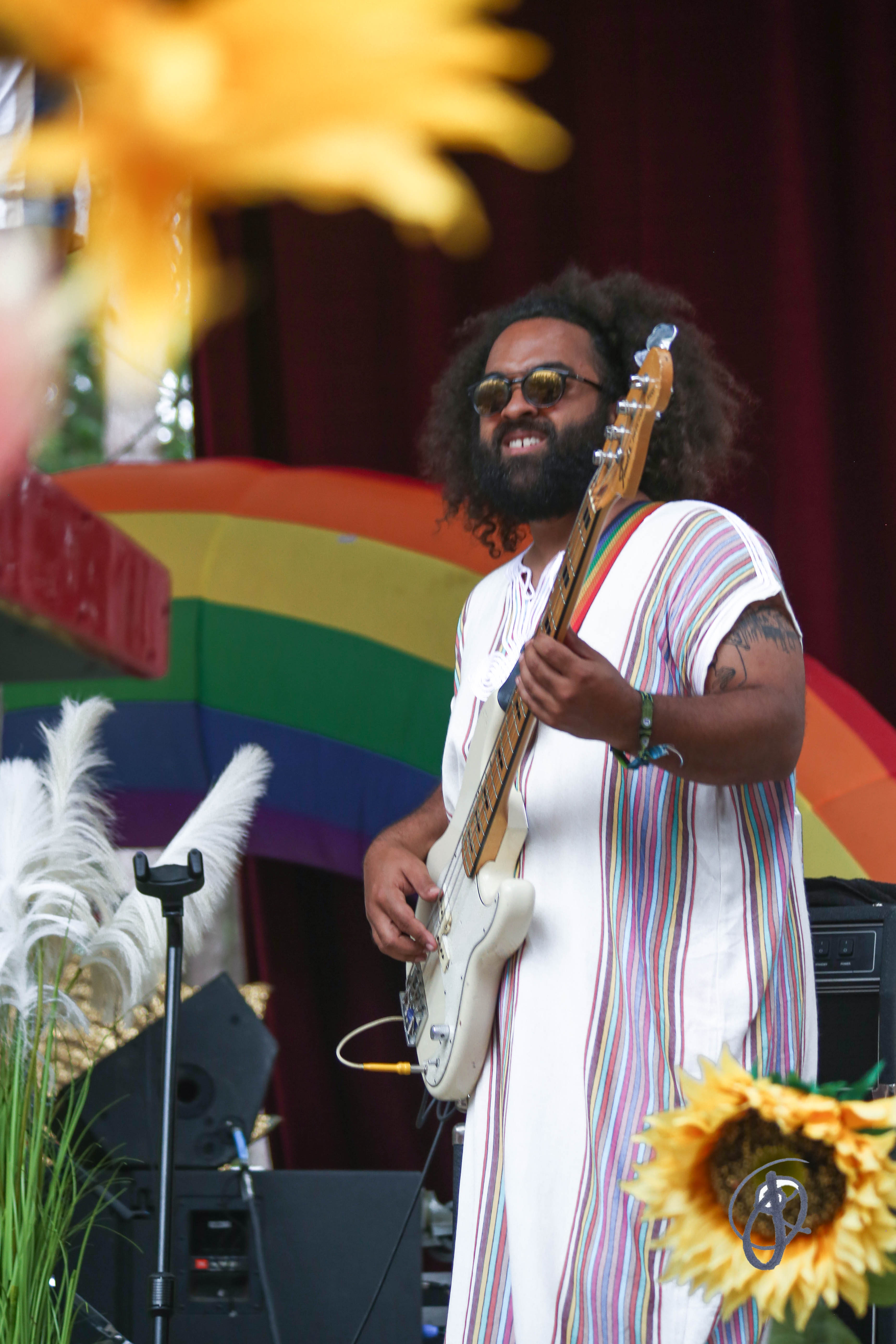
GW: What more could you have imagined? Pyrotechnics?!
JH: Just the narrative. It was supposed to tie into some of the other videos that we've done, but we really just needed another day of shooting to make that happen. It's one of those things where you have to be really keyed in to even notice what that was. But yeah, I think they crushed it. It was fun. It was very challenging to make and it was cool, to do something more professional.
GW: Yeah! You're a real pro, Joe.
JH: Well, yeah. I mean, they are professional, so it was nice. It was nice working with a full crew and just seeing it all come together.
GW: There's so much work that goes on behind the scenes. That's something that strikes me about your entire production. One question I had for you is about the electric component. How does that all happen for a live show?
JH: Well, we have seven people, so it's fairly easy to replicate a lot of those sounds. A lot of the synths we will rebuild. Mike is a synth guy or a keyboard player. He's like me, Brian, and Micah, the keyboard and guitar player. We put all the music together and do the studio stuff for the most part. We'll just do our best to kind of replicate stuff. It's usually challenging to figure out how to play it live and it takes us a while.
GW: Cool!
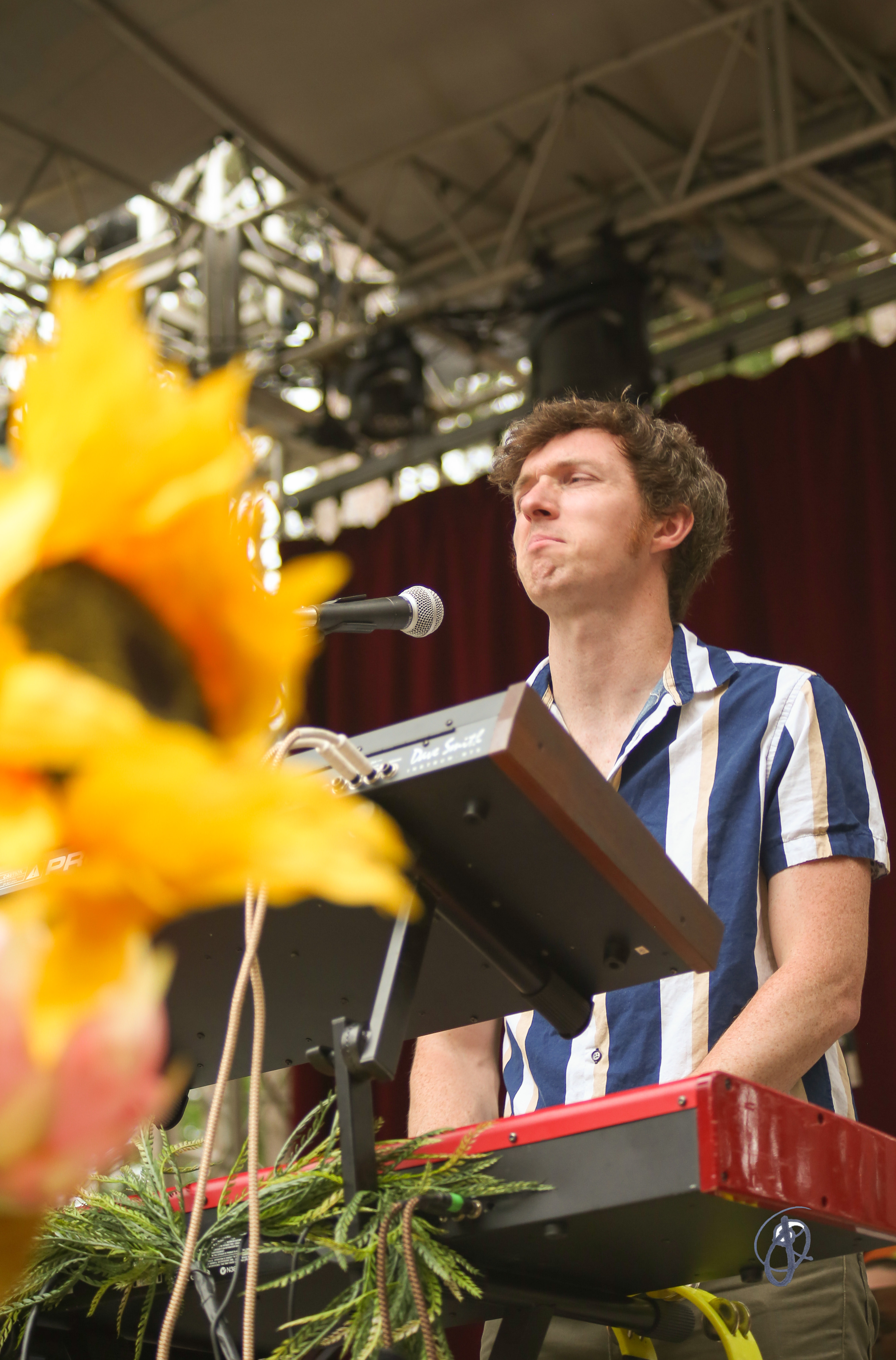
JH: Sometimes it can be as much as six months of playing a song to actually figure out how we're going to translate this to our format, which is like this pseudo jam band live. Whereas in the studio we make indie, pop music with a singer-songwriter undercurrent. It's the most challenging aspect of what we do as a band but also the most rewarding. When it really starts to come together, It feels like a victory every time.
GW: Absolutely. “The Last Ovation” is coming out tomorrow, right?
JH: Yep.
GW: From what I've been able to see on the internet so far, those little soundbites “What does he think about when he can't sleep?” “From his passion, his business” That's what got me thinking about it. There's so much that goes on behind the scenes and there's plenty to watch when you are performing live. So how does that all integrate?
JH: Well, thanks for checking it out. Yeah, I'm really happy with how that video, and how the song all came together. I'm really proud of all the pieces of music on this record. I think as a whole, “The Last Ovation” is probably my favorite.
GW: How do you decide which song comes out first?
JH: We made a list of what we thought would make the best singles in the order, and then the label had their idea. We talked about it and we went with their order, our feelings toward things tend to be a little bit skewed. We wanted to go with the opinion of people who really listened to it the first time, and they handed it out to a bunch of people to get feedback. It was surprising that It wasn't that much different. I think there were two or three songs. We went the democratic route, gathered as much information as we could, and went with it.
GW: “What I Want” has a very… all your music has a spiritual element to it, but it's very digestible. It's not nagging or dogmatic or anything like that. Can you share with us your worldview?
JH: I try to avoid ever being preachy. I don't ever want to try to sway people's opinions to believe something or think something through music. It's just like, here's what I'm feeling at a moment. I hope someone will connect with it. So here's a song. Yeah, there is a spiritual element. It's not something I'm trying to put out there necessarily.
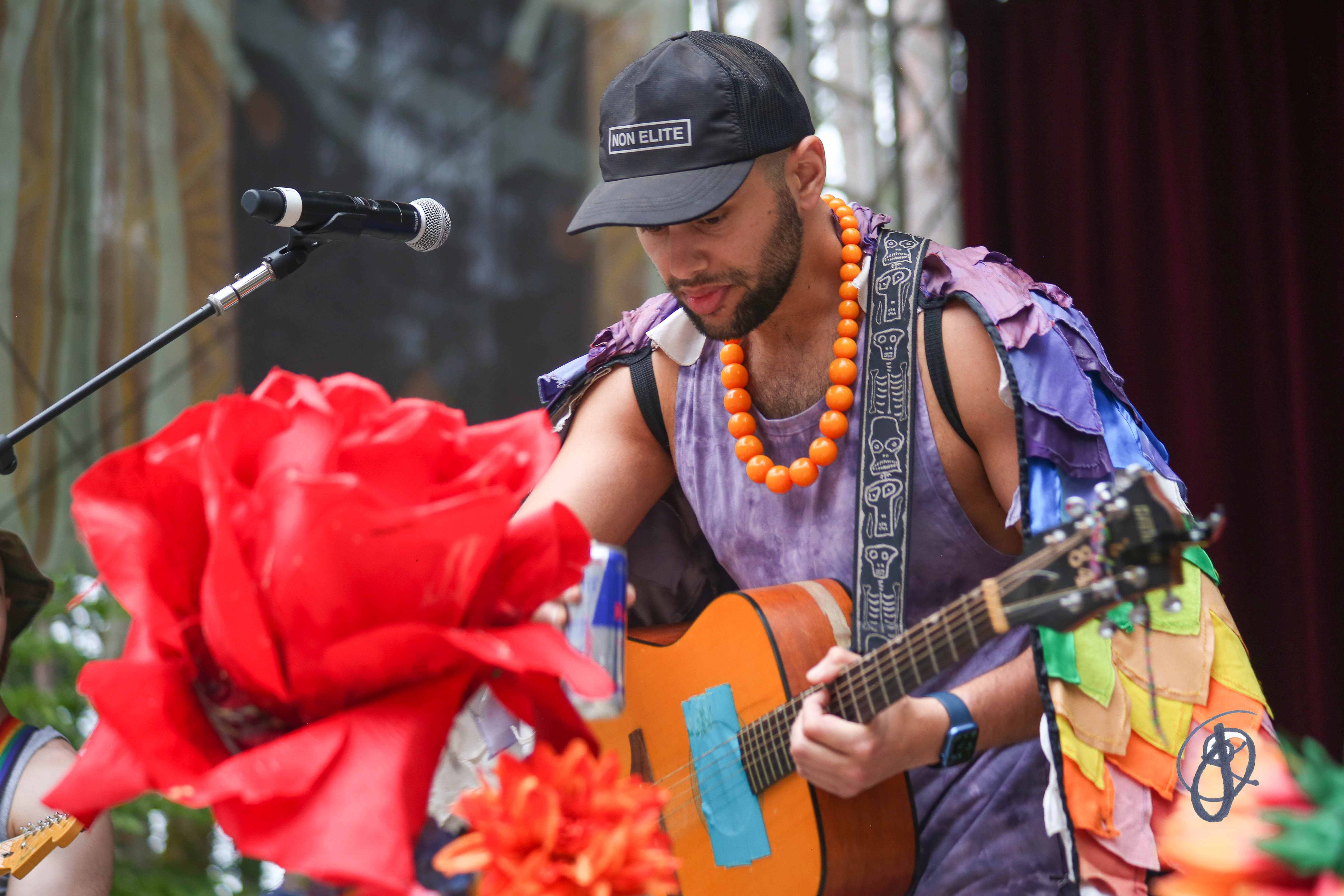
GW: It's like cheese. It's smooth and coats the medicine.
JH: I would say I'm agnostic for the most part religiously. I grew up in a pretty religious family, so there are a lot of undercurrents there that make it into the music. I sense a connectedness between all things, which I think you experience a little more deeply when you're on stage or just watching a show. You feel connected to the people around you and the environment. I love the outdoors. I'm big into camping and fishing and just being outside. I'm a runner. I don't listen to music when I run. I just take it all in. There's something every now and then when you're out there that makes you feel like, Oh, I know nothing. I'm just a little blob of flesh spinning on a planet that's moving very, very fast.
GW: Yeah.
JH: I think that maybe that's what I'm going for musically. I tend to focus on the finality of things or just the brevity of life itself, that all things have a start and all things have an end. Also that maybe the end is also where the beginning is. I'm still trying to figure out how to talk about these things.
GW: Words can be so limiting
JH: They are! They are. And I'm certainly not great at using them, but at least with music, I can take my time. I could spend years trying to figure out the right line. I just finished a song, probably an hour ago, that I've been working on for five years. I'm not the type that will never finish my projects, but I got it and I like this! I'm going to start on it. The brevity of life is something that I think about and talk a lot about in music, how the very short nature of most things ultimately, is what gives it all meaning. If we live forever, I probably wouldn't be working as hard as I am right now. It feels like we get a little flash to ourselves so you might as well go hard and experience it while you have it.
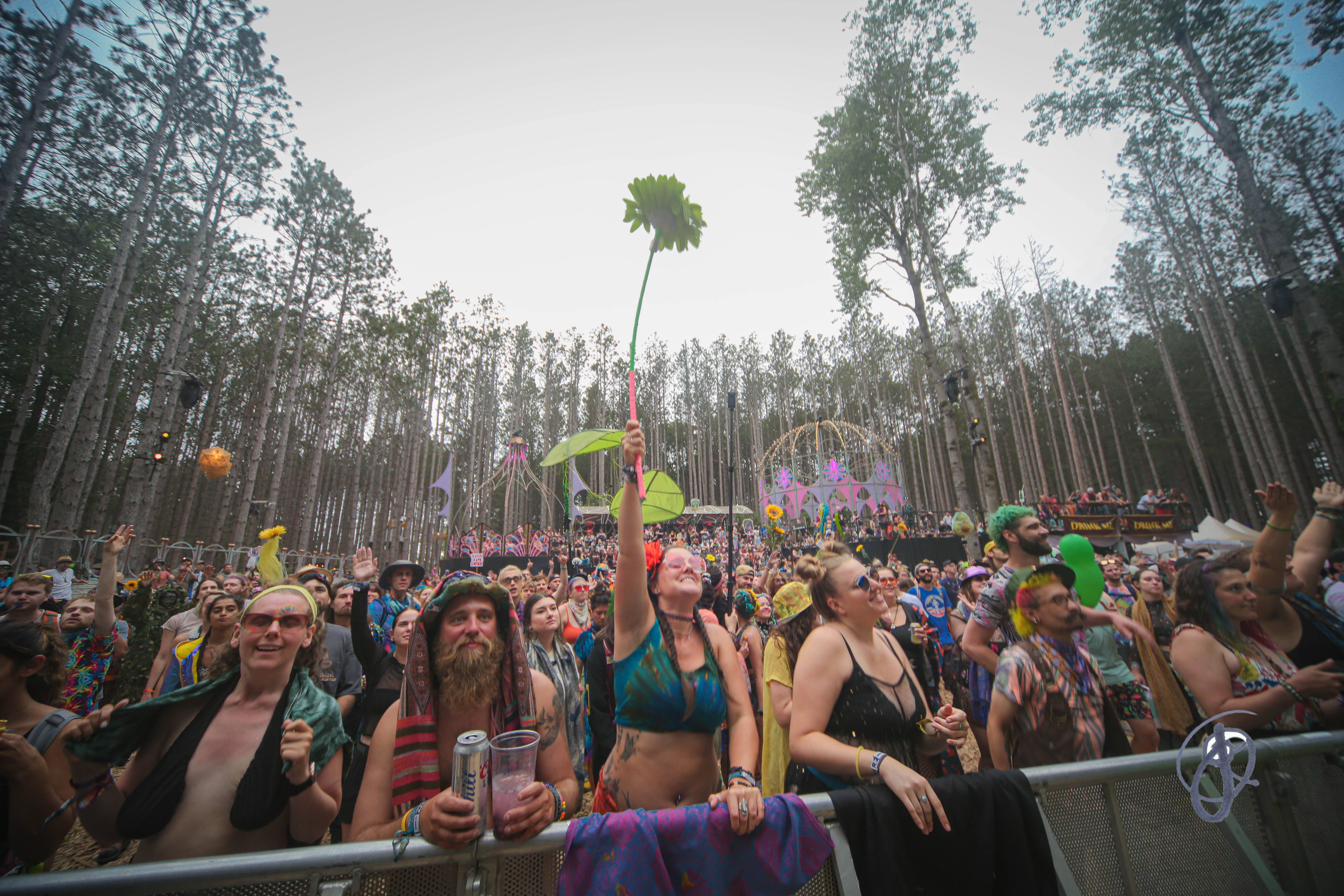
GW: That's fabulous.
JH: “The Last Ovation” is very much about that. It is the story of a Formula One motorsport driver named Francois-Cevert who was an up-and-coming French star of the motorsport world. He passes away in a really tragic accident. What the song is trying to get at is that we all have to step off stage eventually. So much of what we do contributes to how we view ourselves, our ego, and our sense of self, and ultimately what we do is limited, especially in the matter of how long we're actually able to do it. So this is a story of a driver who's stepping down from the podium possibly for the last time. You see that with music. Music careers are generally very short. I'll step off stage for the last time someday, and it's about how you deal with that, and also to appreciate the stage metaphorically, whatever you're doing.
GW: The way you're talking about it, it's like each person only has a limited time. So we all have to contribute to the greatest story ever told. I get that.
JH: You know?!
GW: Shifting gears to something a little lighter, can you tell us about your cape? How long have you been wearing the cape?
JH: I've been wearing it for a really long time. I'm not exactly sure, I would say probably nine years. It was made for me by a former girlfriend. We dated for almost a decade. I was a teacher at the time, and I was wearing a cape that my students had made me because they had recently found out that I was also a musician. Shortly after that, we started dating and she gifted me that cape and it was like, Whoa, cool. I lost it like six months later so she made a new and improved one. I've been wearing it ever since. For me, I live a pretty quiet life. I have my on-stage side and off-stage side. It's always like I put the cape on and it's time to play! I never, ever wear it for any other occasion. I took it for granted. Honestly, we broke up probably seven or eight months ago. It wasn't until after that breakup that I realized, oh, this cape is a profound symbol for what we do. I really appreciated it as a gift, but I never really thought about it a whole lot. There was a bit where I thought, maybe I should retire it or get a new one because it was a representative of a past relationship that was really difficult, at least the breakup was. But then I thought about it for a bit and she agreed. I have to keep wearing the cape. It is an important piece of not only the identity of the band but also for me as a performer. It's just this goofy, floppy thing and it's got thousands of shows of sweat caked into it. It's been everywhere.
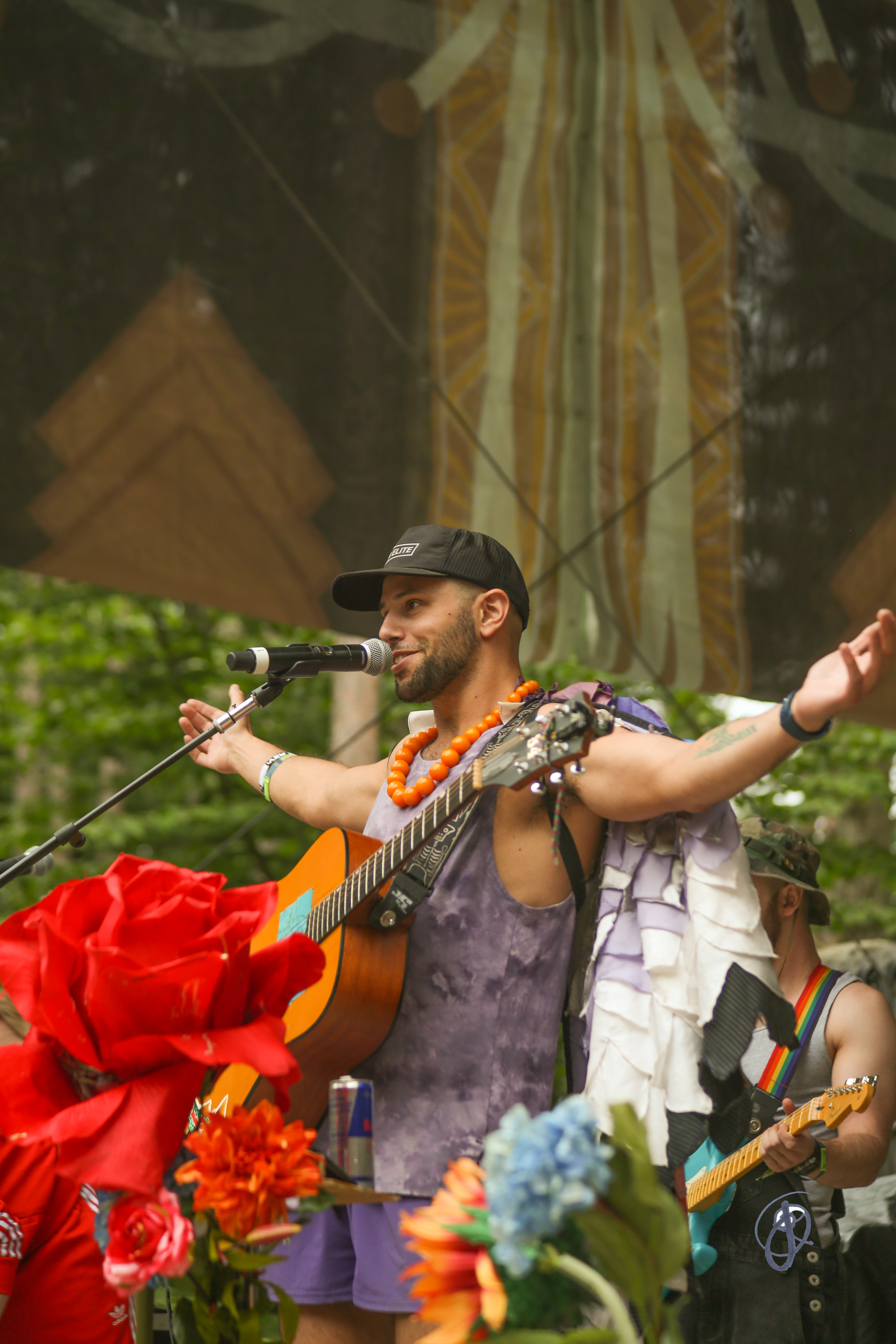
GW: Well, the whole stage set up! You got the flowers draped on your mic and everybody's super colorful. It's all playing its part to enhance the show.
JH: Yeah. There are layers to everything that I tend to like, even just plastic flowers or the rainbow. Aesthetically, they always seem pretty simple. But these are things I put a lot of thought into, and there are always reasons. This is why we have a giant rainbow. I wear the rainbow, but at the end of the day, it makes the stage look nice and helps to facilitate an experience or something that both pulls people into the show and also lets them disconnect from things that distract them from being connected to the show.
GW: Disconnecting is important these days. I caught your set at Electric Forest last year. It was one of those moments where I wandered off by myself and just ended up there. And you were more fun than Jimmy Fallon and Justin Timberlake. What are some of your ambitions as you look forward to the future?
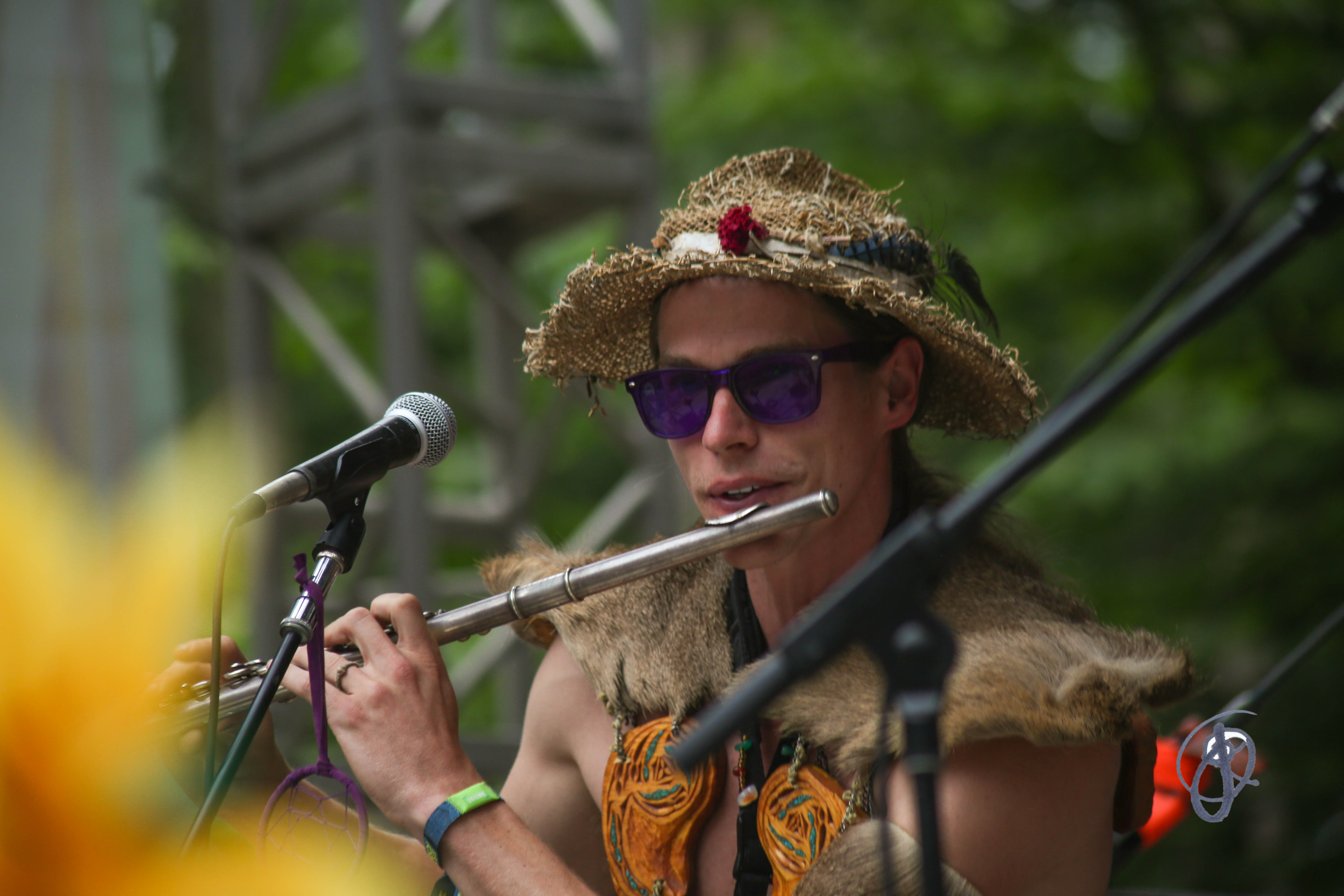
JH: At the top of the pyramid is to make stuff that I like. That's the end goal. I love playing live. It's a big part of what we do and I love getting to make music with my friends. The main aspiration is just to keep being able to make music. We're not a huge band, we're like the definition of a working band. We're doing well. If you look at it as a business on paper, it's growing, we're well-managed, and we've been doing it for a long time. We'll be well equipped to be able to handle it. For me, at the end of the day, it's whatever I have to do to just keep making things because that's what I love doing. It'd be great to also be able to pay everyone enough to make sure their kids are okay and that they can have a home for their families and be comfortable. We're not quite there yet, but we're working really hard to hopefully get to that point, to live normal lives, and also get to make art for ourselves and other people and everything in between.
GW: Take care of everybody.
JH: That's what I fantasize about. Man, it'd be great to just give everyone a big raise. A lot of the guys have been with me since the beginning. We put a lot of work in and I hope it pays off for everyone.
GW: You have so much invested. Are you hungry for bigger audiences? Are you hungry to see new places?
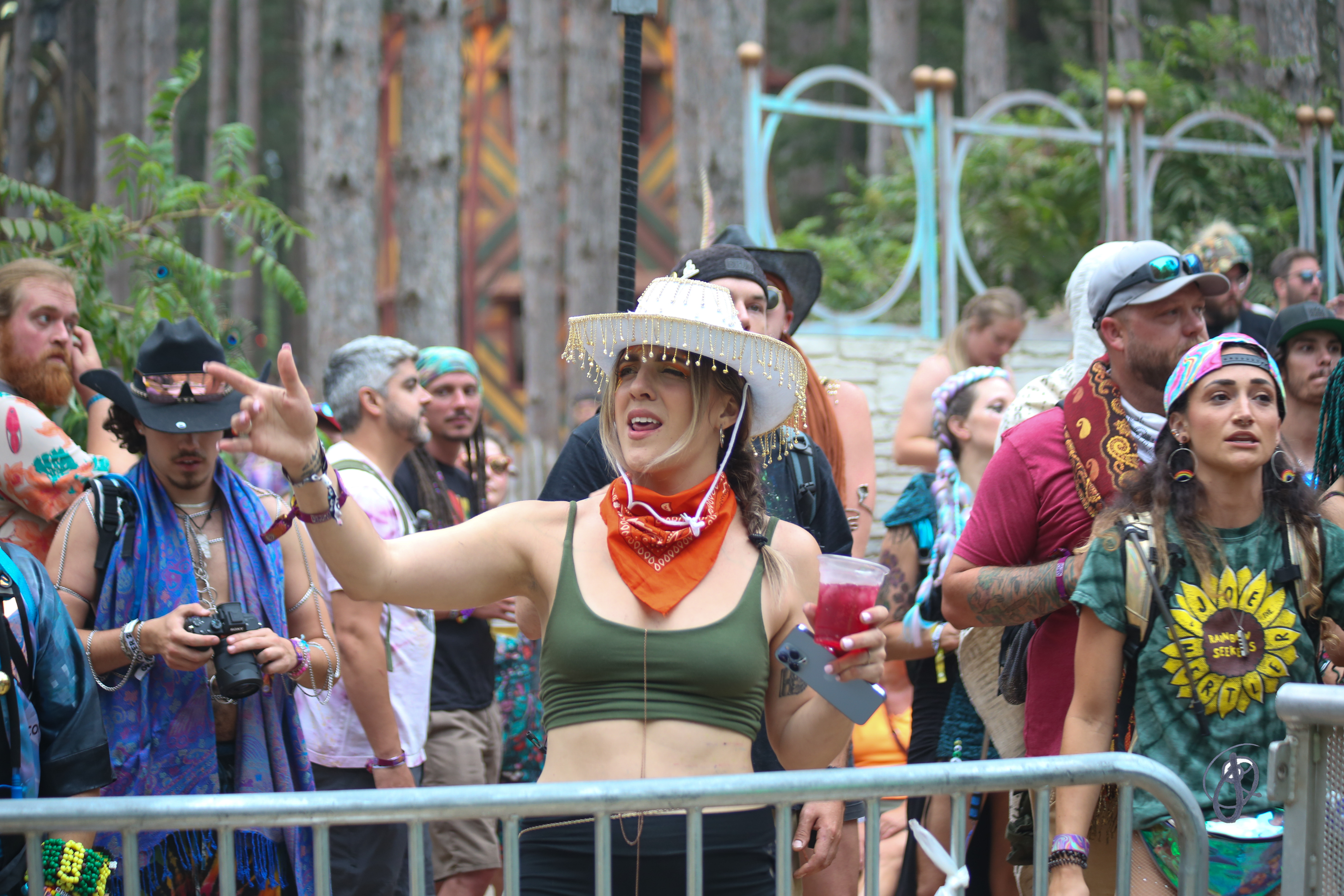
JH: I love producing and mixing. I love that whole side of it. The better the band does, the more opportunities I have to do more of that stuff. For instance, I've gotten into film stuff and that was all because the band was able to buy me some really cool video gear. It's been this whole new world that's opened up. I have a whole new creative outlet, a whole new toolset I can use to make art. When I'm thinking about the band getting bigger, that means maybe one show will afford me a couple more months of getting to make music, you know?
GW: Like my subscription to Adobe Creative Suite.
JH: Yeah, right?! Which always seems to always be going up. Yeah. I'm very grateful for what I have right now. I'll say that. That's what I find myself fantasizing about, as lame as that sounds. It is great when you come back to a new city and there are more people and as far as the traveling side of things, we've been all over the place. I've seen a lot and I love traveling so I am grateful for all of it.
GW: You're playing Meow Wolf on March 29th!
JH: Yeah, we are! We've never played Meow Wolf either, so I'm really excited.
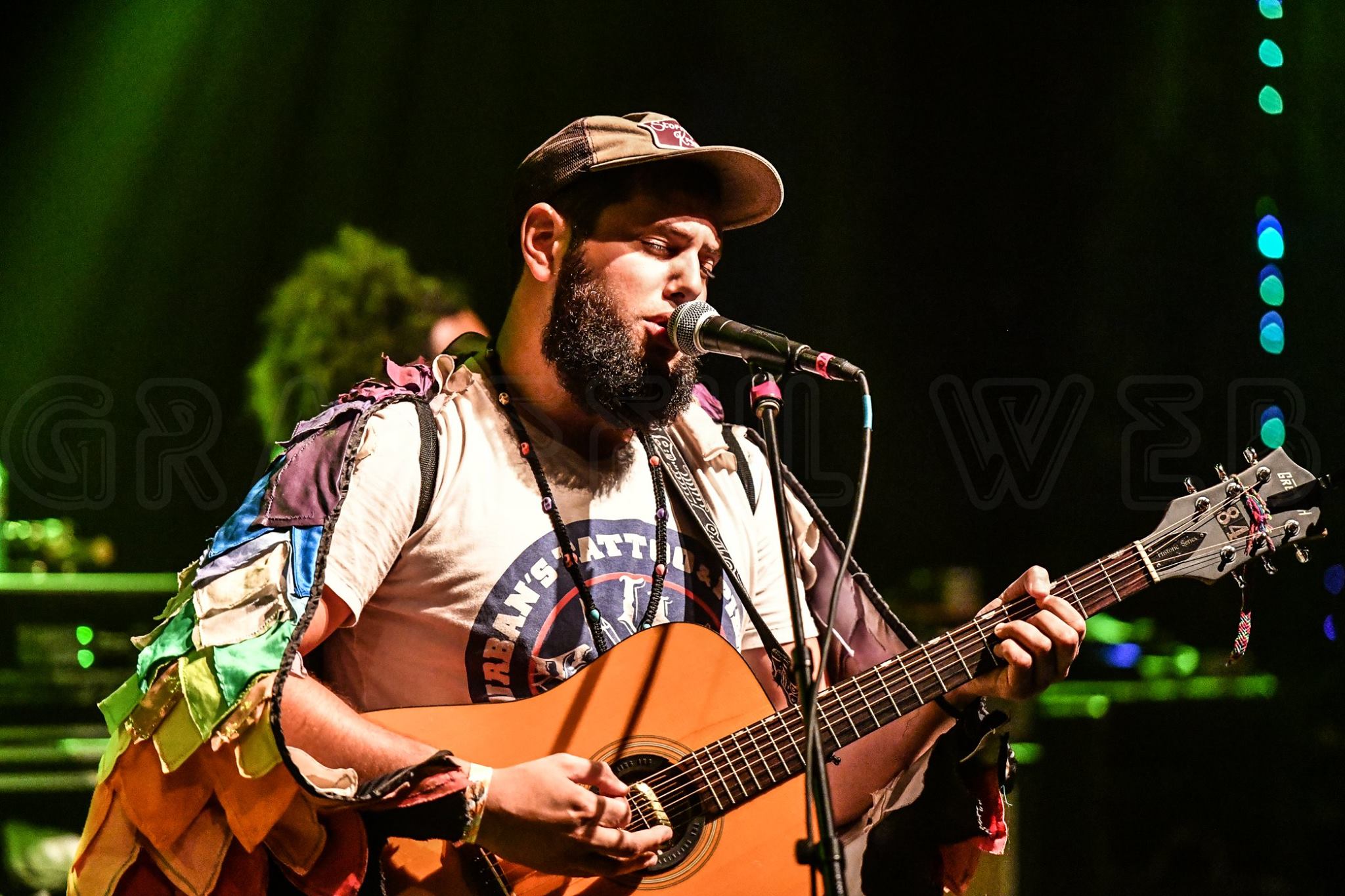
GW: That vibe will give the Rainbow Seekers room to really shine. It is fantastic! That is a show that I really look forward to.
JH: Cool. Thank you, June. Appreciate you. I appreciate people who write about music because y'all are true music fans.





